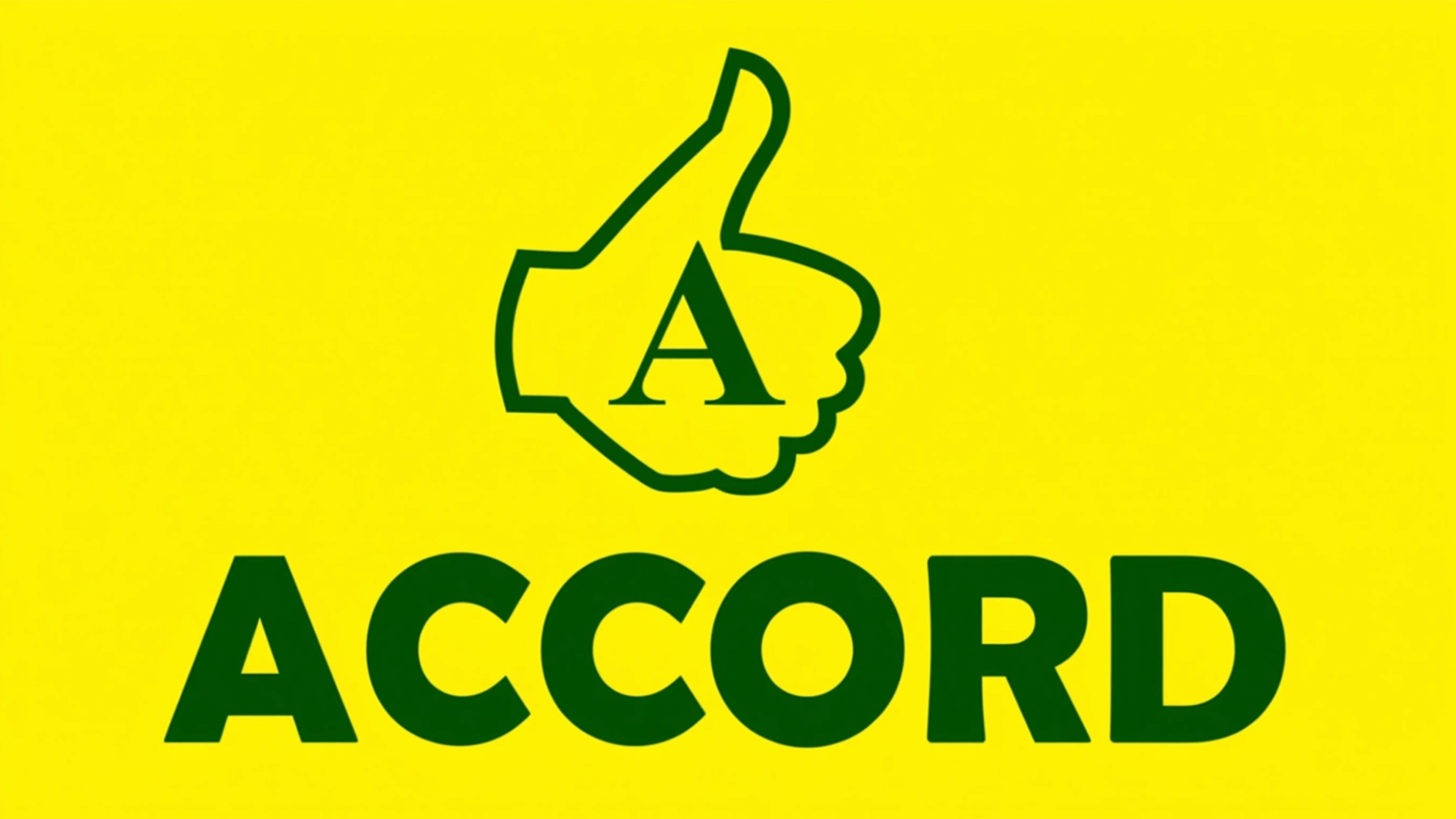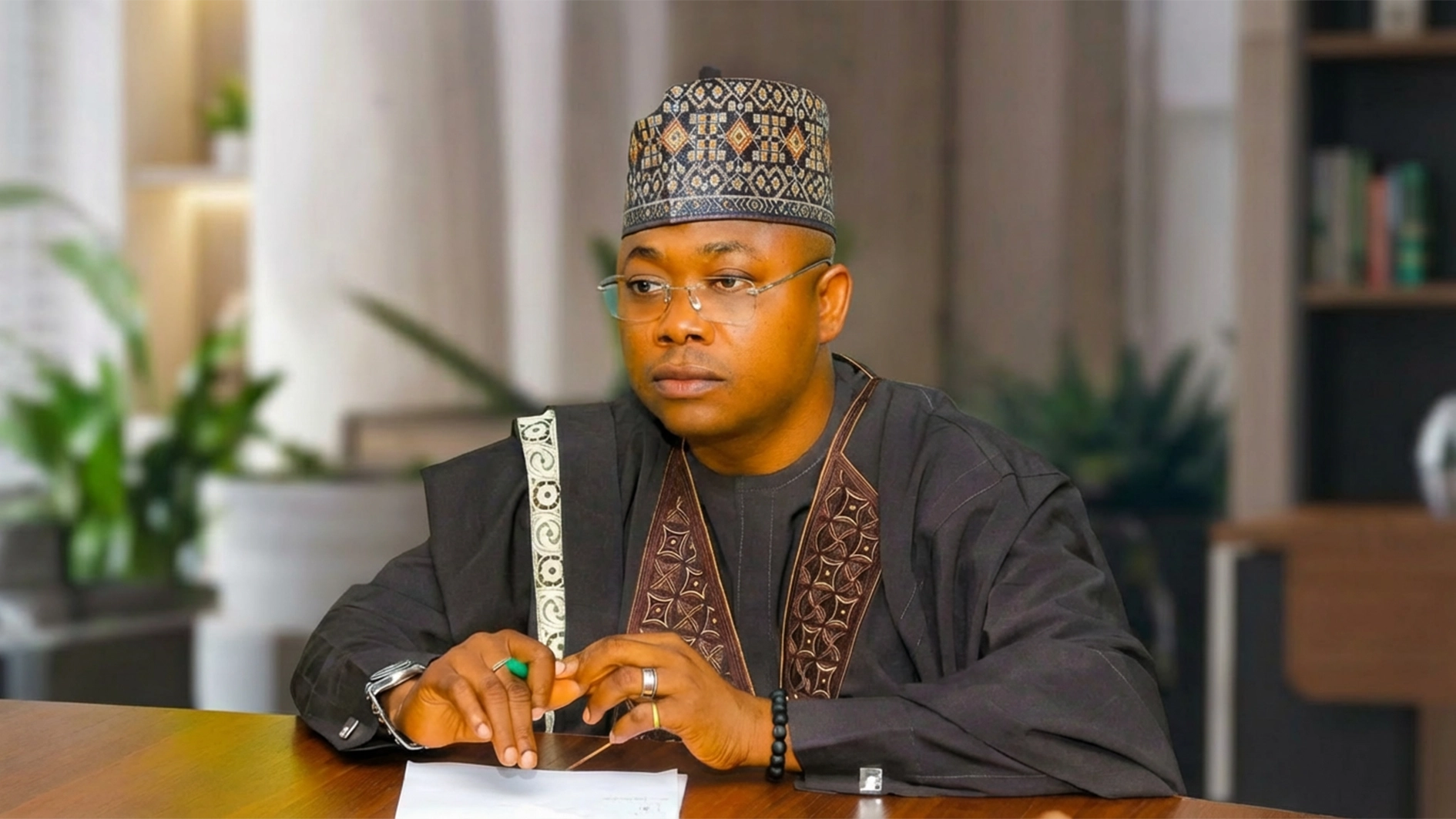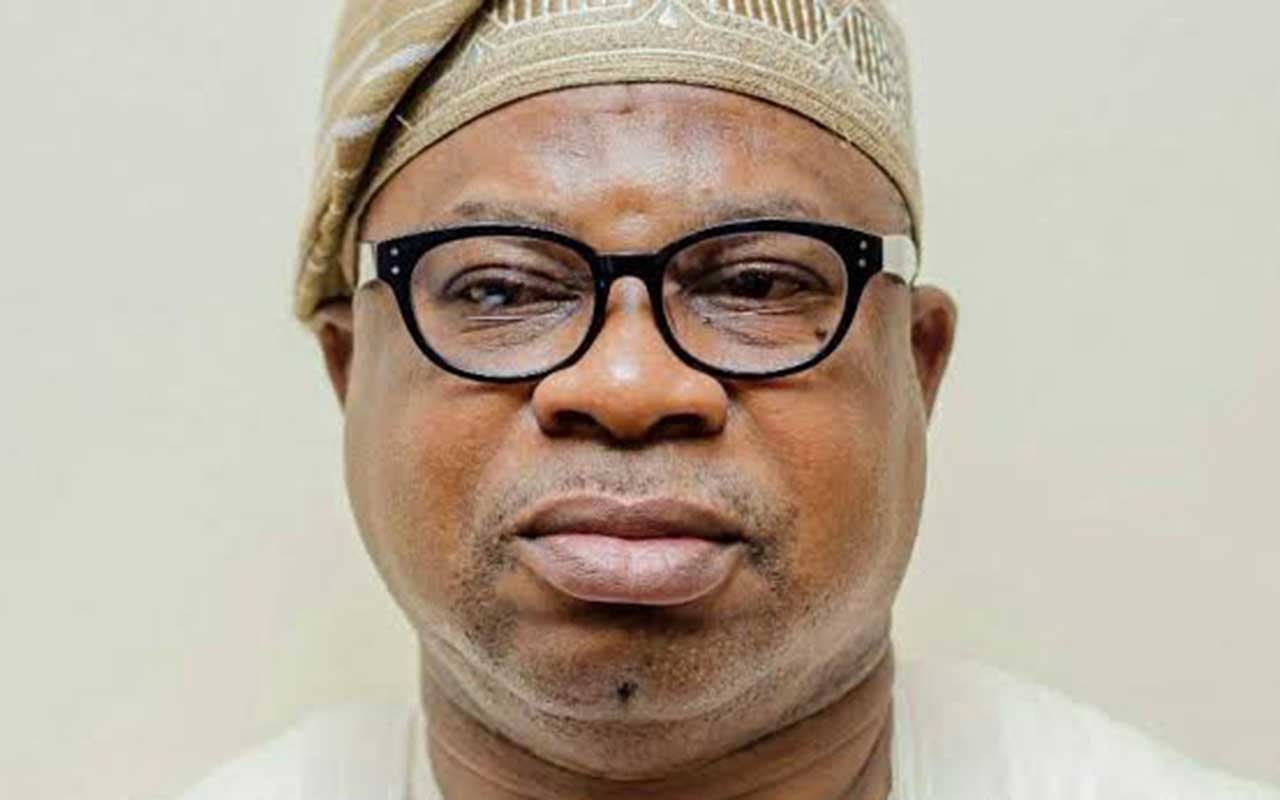The Labour Party’s internal war flared up again this week after its ousted national chairman, Barr. Julius Abure, unveiled what he claims is a fresh legal victory: an interlocutory order from a Nasarawa State High Court compelling the Independent National Electoral Commission (INEC) to recognise his faction and upload its candidates for upcoming polls.
The July 23, 2025 ruling by Justice Mustapha A. Ramat in Suit No. NSD/LF.84/2024 appears sweeping, granting Abure and ally Alhaji Umar Farouk Ibrahim sole recognition as party leaders and directing INEC to release access codes for both the August 16 nationwide bye-elections and the February 2026 FCT Council polls.
The case continues on September 22 after INEC failed to appear in court. Senator Nenadi Usman’s interim leadership smells a calculated move following the timing. Senior Special Adviser (Media) Ken Eluma Asogwa dismissed the order as “political mischief and legal desperation,” questioning its release on the eve of bye-elections and noting it oddly references polls slated for next year.
The LP accused Abure of forum shopping, dragging a case involving a federal body to a state court, and flouting the Supreme Court’s April 4, 2025 judgment that removed him from office. Asogwa further linked the move to what he described as Abure’s “notorious” history of forgery, citing the 2023 Ebonyi governorship controversy now under police investigation. According to Asogwa, “in their reckless bid for short-term political advantage, they are willing to undermine even the authority of the Supreme Court.”
Abure’s camp, however, celebrated the Nasarawa decision as a “restoration of legitimacy.” National Publicity Secretary Obiora Ifoh accused INEC of “systematic exclusion” from alleged delays in Ondo to the current bye-elections and urged supporters to press on despite limited campaigning time.
Former national treasurer Oluchi Opara, on her part, dismissed the ruling as “a joke and a distraction,” stressing that any state court recognition of Abure is “void” under the Supreme Court verdict and that INEC’s matters rest solely with the Federal High Court.
The clash underscored a familiar Nigerian political pattern — duelling court orders from different jurisdictions used as weapons in party power struggles. With the substantive case set for late September and bye-elections already in motion, the LP’s leadership battle risks deepening fractures ahead of the 2027 general elections.
For now, Abure’s Nasarawa manoeuvre reads less like a decisive legal win and more like the latest gambit in an unending script of brinkmanship, factional survival, and high-stakes political theatre.






